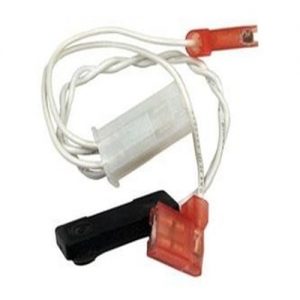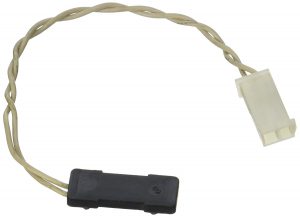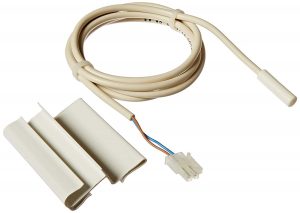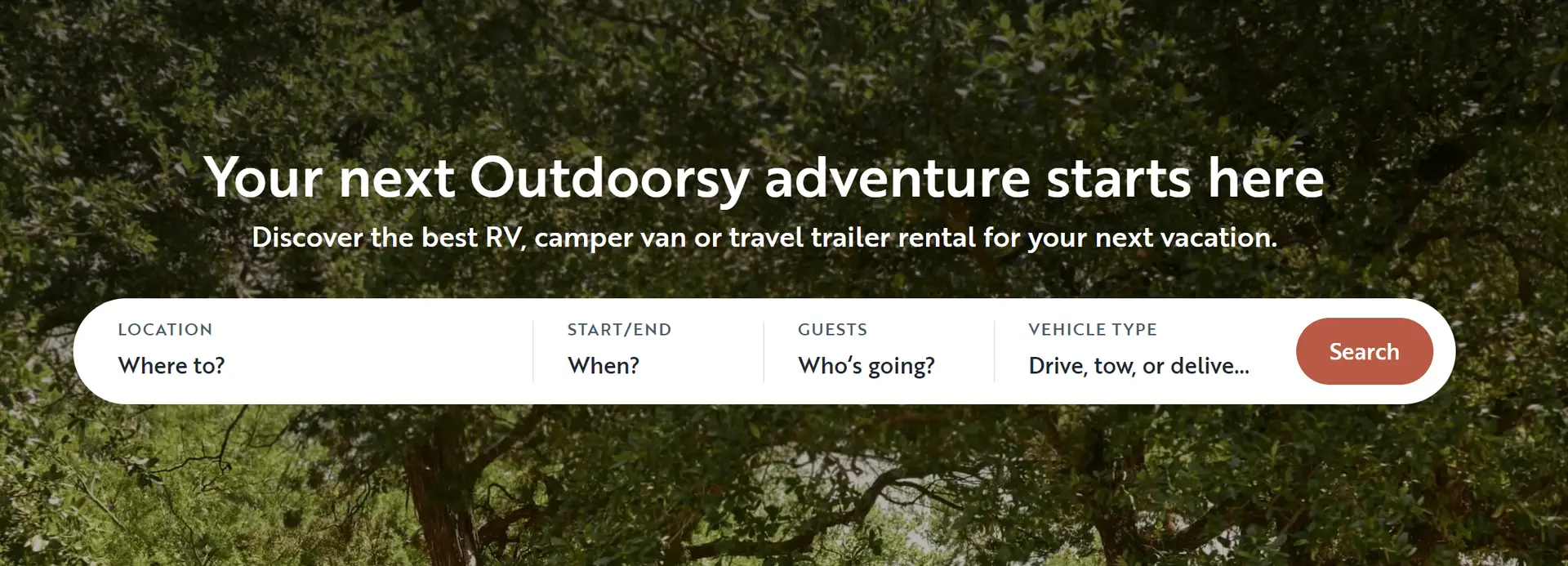Are you tired of dealing with a problematic RV refrigerator? Don’t worry, we’ve got you covered! In this RV Refrigerator Troubleshooting Guide, we will walk you through the common issues you may encounter with your fridge and provide you with step-by-step solutions to get it back in tip-top shape. From power problems to temperature inconsistencies, we’ll help you diagnose and fix your fridge woes, ensuring you can keep your food fresh and your beverages chilled throughout your RV adventures. So, let’s dive in and get your refrigerator running smoothly once again!
Table of Contents
Note: Some of the links in this article are affiliate links. This doesn’t cost you any more than normal. Read our disclaimer for more info.
How An RV Fridge Works
Before we reveal the best camper fridge, it’s helpful to understand how an RV fridge actually works.
Your RV refrigerator works very differently from a residential fridge.
Your home refrigerator uses a compressor. An RV refrigerator does not have a compressor or use any moving parts to cool things down.
This is called an absorption refrigerator.
Here’s how an absorption refrigerator works:

Basically, an absorption fridge uses a flame to heat a combination of ammonia, hydrogen gas, and water.
The heat causes these chemicals to evaporate and the condensation from them cools the fridge.
When using shore power or a generator, the heat is produced by an element. When electricity isn’t available, the LP gas is used to create a flame and heat the chemicals.
Most modern RV fridges can be set to automatically switch between LP gas or electricity depending on whether you’re plugged in/using a generator or using propane.
That way you don’t have to remember to switch it and you don’t have to deal with nasty spoiled food if you forget. 🙂
If your RV refrigerator has this feature, it most likely looks like this:

You can switch the settings between “AUTO”, “OFF”, and “GAS”.
Auto is the automatic switch feature, off is off (shocker, I know) and gas only runs on LP gas. This is useful if you’re boondocking and don’t want to run the fridge off your generator or solar power.
However, models are categorized into two “types”: 2-Way and 3-Way.
- A 2-Way is the most common type. It runs off AC power or LP gas.
- A 3-Way runs off AC power, DC Power, and LP Gas.
Finally, there are two major brands of camper refrigerators today: Norcold and Dometic. But we’ll get into those in the section on the best RV refrigerators.
For now, let’s see if we can save you some money!
Related Post — RV Water Pump Buyer’s Guide
How to Troubleshoot Your RV Refrigerator
If you’re buying a new RV fridge because yours isn’t working properly, you might be able to save some money by simply troubleshooting your fridge first. It could be an easy fix!
Here’s a quick video on how to troubleshoot your RV or camper refrigerator by our friends at TrailorDayz:
Simply put, you either have a thermistor problem, a control board problem, or a heating element problem. They are not hard to troubleshoot, and he covers most of the common failure points in the video.
Here are the products he mentioned:
Thetford (618548) Thermistor Assembly
u003culu003ern tu003cliu003eUsed if your thermistor plugs into the interior light.u003c/liu003ernu003c/ulu003ernu0026nbsp;rnrnu0026nbsp;rnrnu0026nbsp;

Norcold 620528 Thermistor
u003culu003ern tu003cliu003eUsed if your thermistor has no light connection.u003c/liu003ernu003c/ulu003e

Dometic 3851210025 Thermistor Kit
u003culu003ern tu003cliu003eUsed if your fridge is a Dometic model.u003c/liu003ernu003c/ulu003e

If you need more help, click here to access the Norcold Thermistor Ohm Chart and Location Guide.
Camper Fridge Tips & Tricks
You did it! Congratulations!
Before we go, here are a few tips & tricks to keep your new fridge running efficiently and make sure it lasts a long time:
- Turn on your fridge the night before a trip. This allows time for the fridge to get to temperature and be ready to store food.
- Put only frozen, cold or room temperature foods in your fridge. Warm foods take much more power (and time) to cool down.
- Leave space between foods. A packed fridge restricts airflow, which causes food to cool unevenly and makes the fridge work harder.
- Buy a 12v RV refrigerator fan. These things are awesome – they can decrease your cool-down time by as much as 50%!
- Don’t open your fridge too much. You need to maintain a temperature of 34 to 36 degrees (or 0 to 10 degrees in the freezer) to keep food safe. Anything over 40 degrees can cause food to spoil, and that can happen quickly if you leave the door open.
- Get a thermometer. Keeping a thermometer in your fridge will give you peace of mind that your fridge is working and ready to store food!
- Defrost your freezer once every month or two. Frost buildup can reduce your freezer space and become annoying. Turn off the fridge completely and let it thaw. To speed up the process, put a pan of hot water in your freezer.
- Your fridge needs to be level to work properly. Using your fridge off-level will damage it. Stick a bubble level on it to make sure you’re good to go.
- Run your refrigerator once in a while, even when you’re not RVing. There are sediments in the liquid chemicals, and when your fridge isn’t running, they settle on the bottom and cause clogs that can damage the fridge and slow down the cooling process.
- Check the back and front vents before and after every trip. Routine maintenance like this can keep your rig (and your fridge) running smoothly for a long time to come.
- Park with your outside vent in the shade. The outside temperature can affect how well your fridge works. If the back of the fridge is in the shade, it will stay cooler and not have to work as hard.
- Make sure the seals close properly. Like all seals on your rig, checking the refrigerator’s door seals after every trip (and putting baby powder on them once every few months) can keep things sealed and running smoothly.
- Get some expandable refrigerator bars to keep things in place. There’s nothing worse than setting up camp, only to find your food spilled all over the fridge.
And that’s all there is to it! I hope you’ve found a great fridge for your RV, installed it properly, and are all set to go for your RV travels!
If you have any questions, comments, or tips of your own, be sure to leave a comment below!




